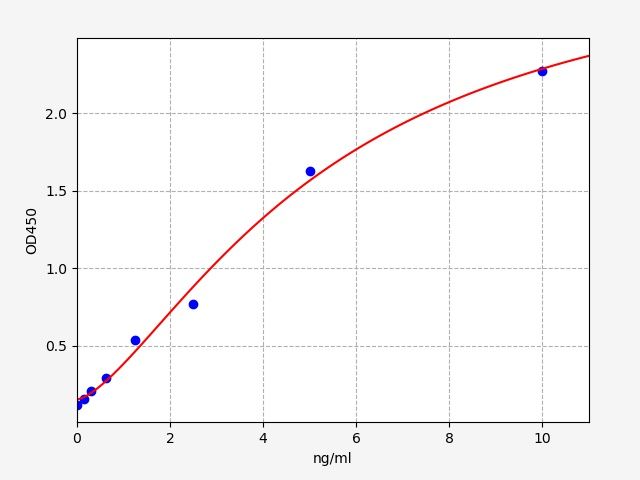| Catalogue No.: | EH0173 | Species: | Human |
| Range: | 7.813-500pg/ml (1ng=14500mIU) | Sensitivity: | 4.688pg/ml |
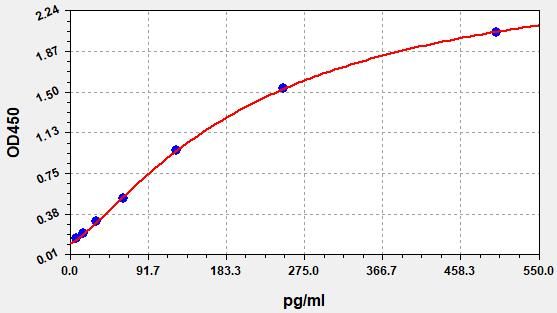
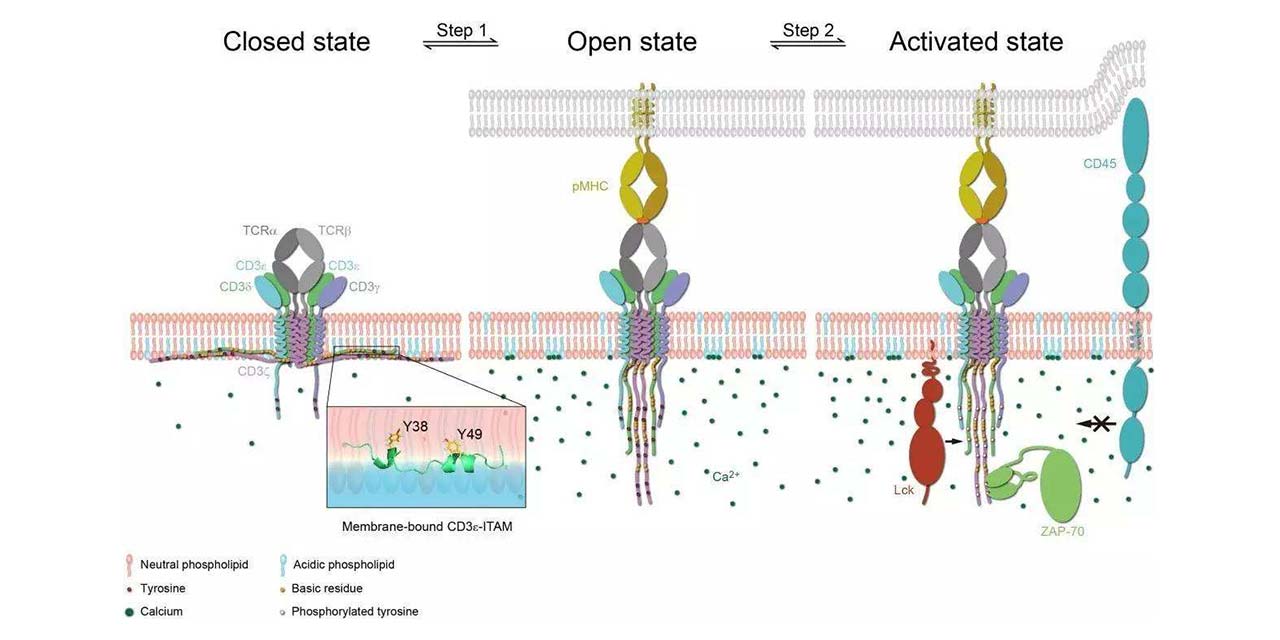
Signal transduction refers to the basic biological approach where cells respond to the external stimuli, through membrane or intracellular receptors simulated by extracellular informational molecules, influencing the biological function by the switch of cellular signal transduction system. In the signal transduction process, external signal is recognized, amplified and integrated by cells and then raises the response, e.g. changes in enzyme activity, gene expression or ion channel activity. Signal transduction is involved in many processes, e.g. cell growth, proliferation, healing, differentiation, metabolism and signaling. In the pathological situation, the disorder of cell signal transduction pathway in its single or multiple phases can result in the cell metabolism and dysfunction or abnormal growth. Main cell signal transduction pathways include G protein mediated signal transduction, receptor tyrosine protein kinase(RTPK) signal transduction, Non-RTPK signal transduction, receptor guanylate cyclase signal transduction, nuclear receptor signal transduction. Diseases caused by signal transduction disorders include myocardial infarction, coronary heart disease, diabetes, cerebral infarction, pulmonary infarction and sickle cell anemia etc.
FineTest offers customers a variety of Signal Transduction Research products with high specificity, sensitivity and purity, namely Elisa kits, Antibodies and Proteins. With the high product quality, professional tech support and excellent services, FineTest products sold worldwide are trusted by researchers. Cited academic publications rapidly increased year by year. FineTest always keeps improving ourselves to provide more high-quality products for research use.
| Catalogue No.: | EH0173 | Species: | Human |
| Range: | 7.813-500pg/ml (1ng=14500mIU) | Sensitivity: | 4.688pg/ml |

| Catalogue No.: | ER1123 | Species: | Rat |
| Range: | 0.313-20mIU/ml | Sensitivity: | 0.188mIU/ml |
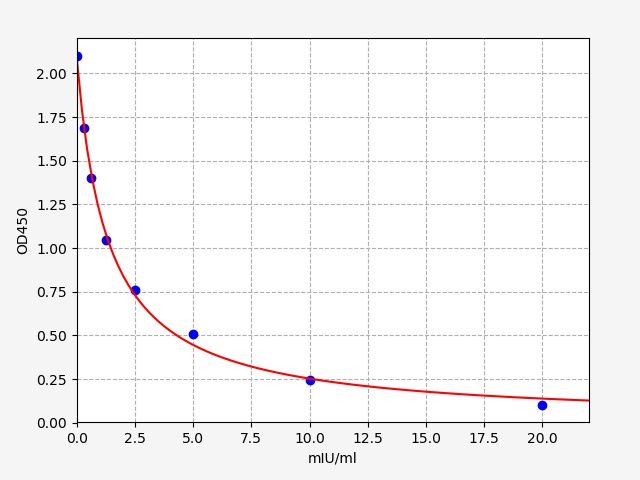
| Catalogue No.: | ER1878 | Species: | Rat |
| Range: | 7.813-500ng/ml | Sensitivity: | 4.688ng/ml |
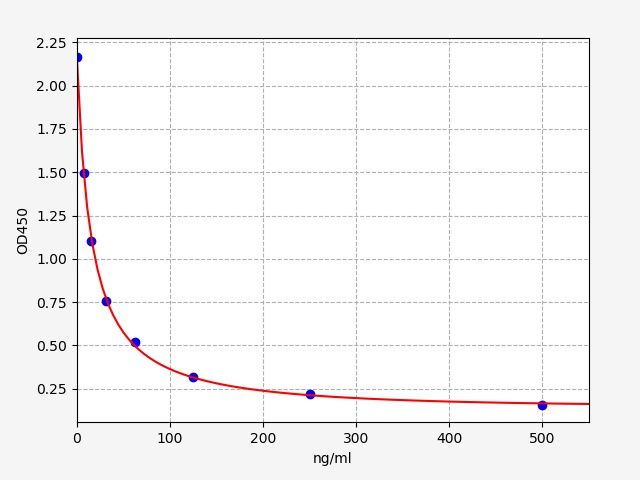
| Catalogue No.: | ER1462 | Species: | Rat |
| Range: | 0.313-20ng/ml | Sensitivity: | 0.188ng/ml |
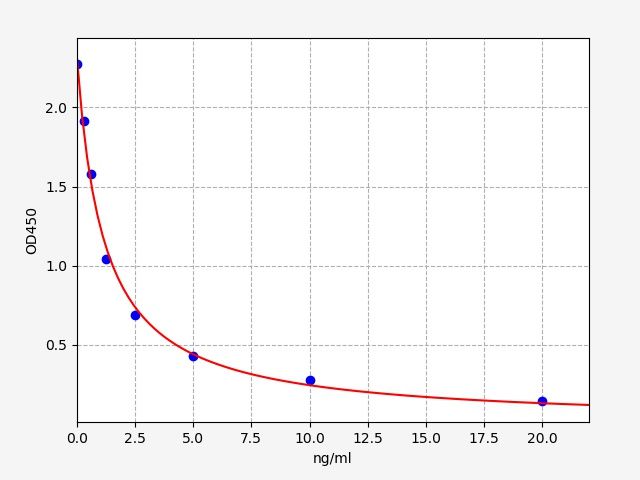
| Catalogue No.: | ER1507 | Species: | Rat |
| Range: | 12.5-800pg/ml | Sensitivity: | 7.5pg/ml |
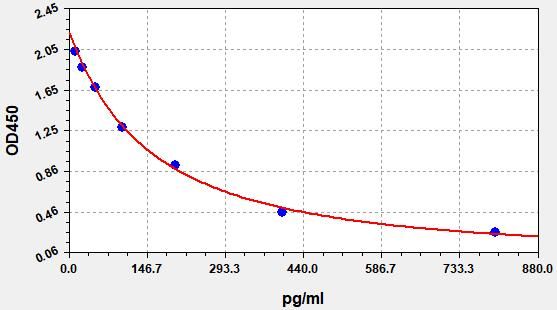
| Catalogue No.: | EM0100 | Species: | Mouse |
| Range: | 15.625-1000pg/ml | Sensitivity: | 9.375pg/ml |
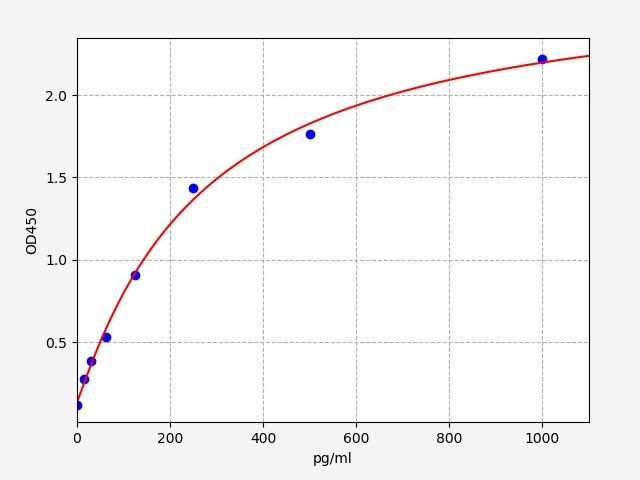
| Catalogue No.: | EU2548 | Species: | Universal |
| Range: | 1.563-100ng/ml | Sensitivity: | 0.938ng/ml |
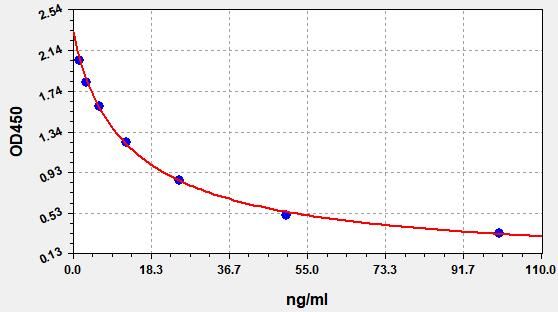
| Catalogue No.: | EH0327 | Species: | Human |
| Range: | 31.25-2000pg/ml | Sensitivity: | 18.75pg/ml |
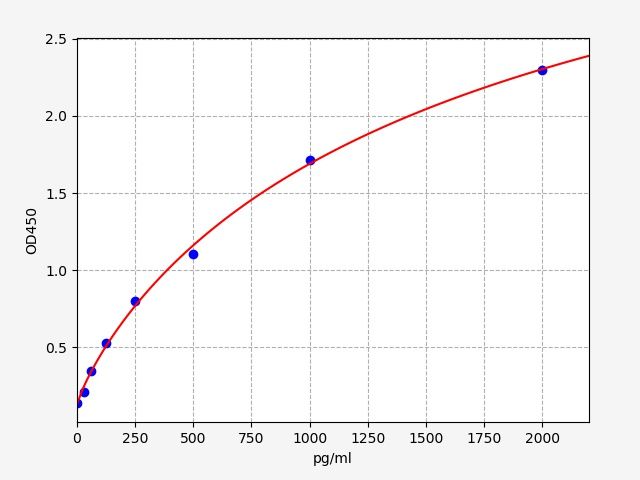
| Catalogue No.: | ER0036 | Species: | Rat |
| Range: | 31.25-2000pg/ml | Sensitivity: | 18.75pg/ml |
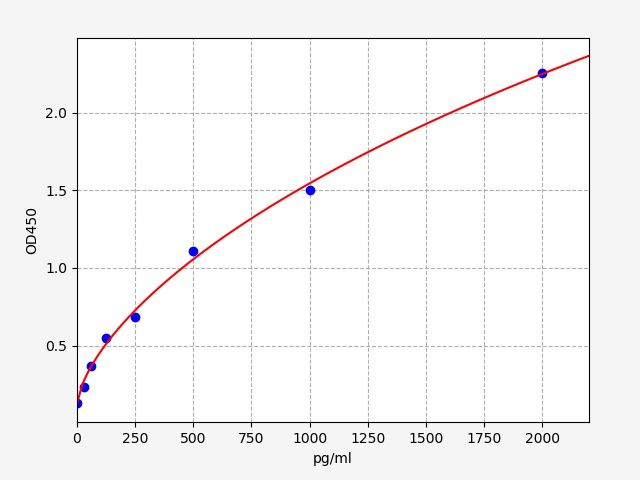
| Catalogue No.: | ER1186 | Species: | Rat |
| Range: | 0.156-10ng/ml | Sensitivity: | 0.094ng/ml |
